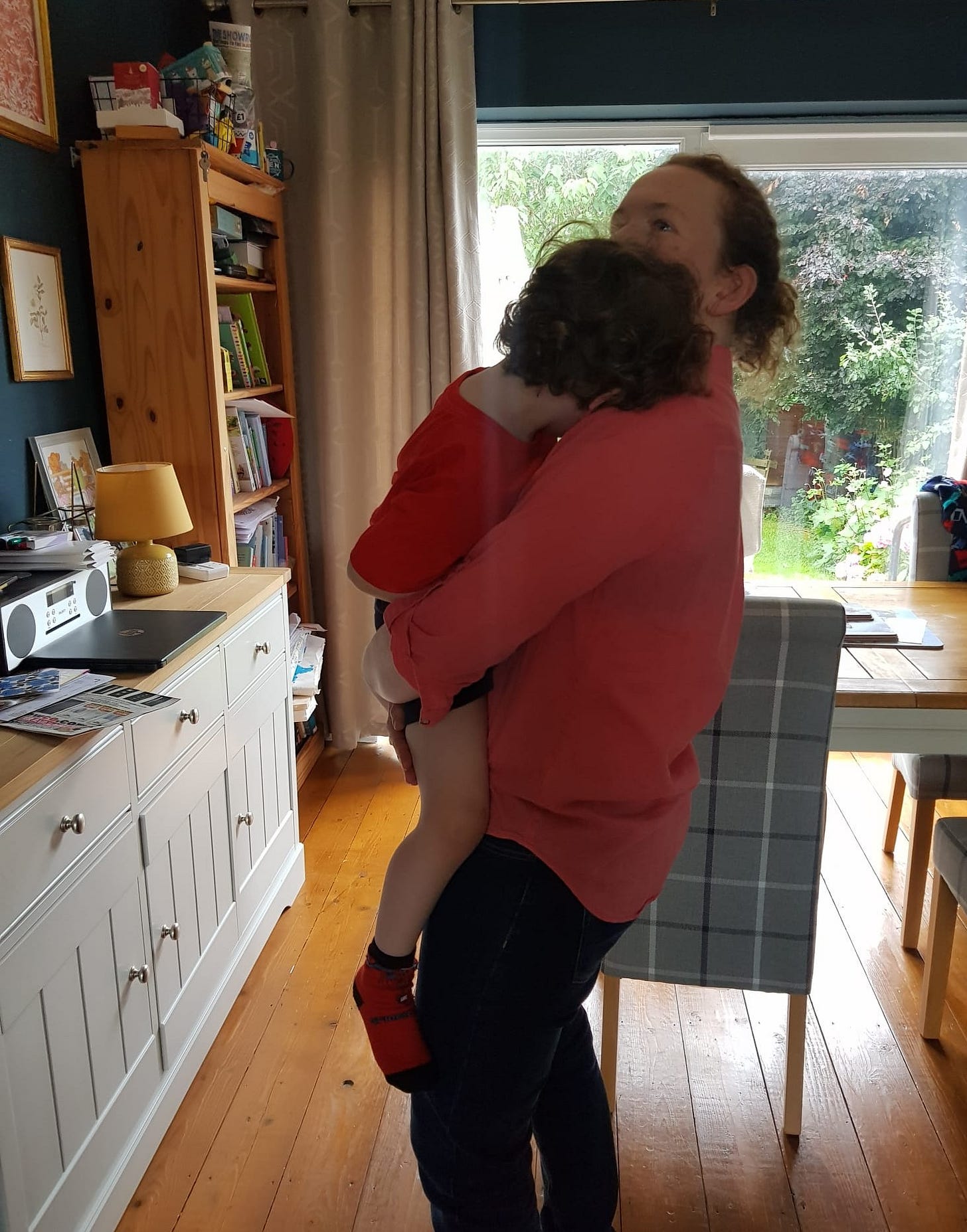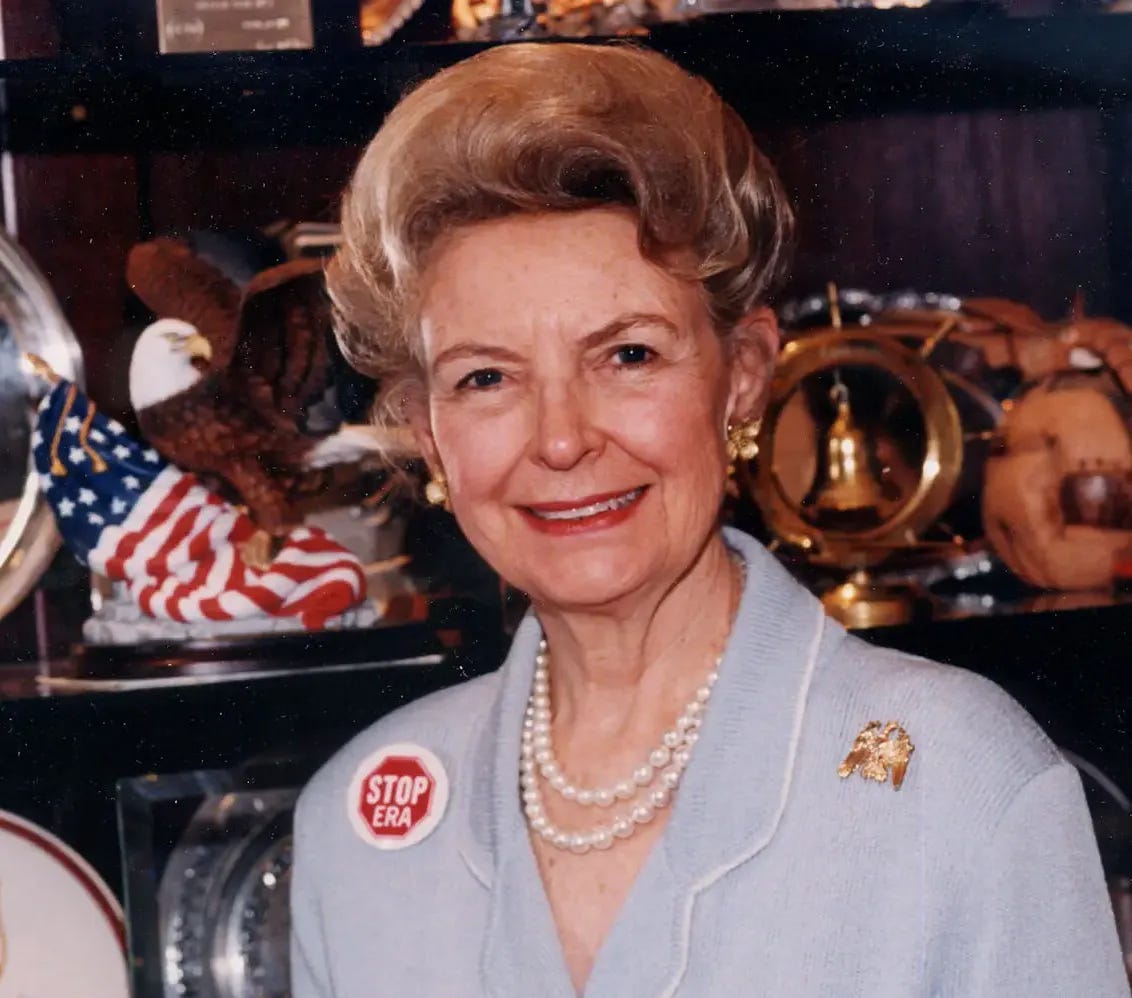Confirmed, yet uncertain
My confirmation into the Church of England; musical blasphemy; and going nose-to-nose with a Bishopess.

Dear Reader(s):
I apologise for my prolonged absence, which comes hot on the heels of a different prolonged absence. It feels conceited to apologise, as it makes no material difference to anybody’s life but my own whether I write things or not. All the same, I want to explain that I still want to write. I intend to write. I have been prioritising other activities of late, which funnily enough gives me lots of things I want to write about, but less time in which to write about them. However, I am learning how to better juggle many balls (as the actress said to the bishop), so a slightly more normal service shall resume shortly.
On today’s offering: I started writing about a religious ceremony some weeks ago, but kept putting off the act of pressing “publish”, possibly because it feels rather personal and perhaps somewhat silly to share. Still, if we can’t overshare on Substack, where can we?
I have been thinking about my faith an awful lot over the last couple of years – forgive me if you had already worked this out from my posts. I am aware of how desperately cringe-worthy it can be to be repeatedly beaten around the head with the ardent belief of a freshly anointed convert, revert, or in my case, neither of the above. As is the case for many English people, I was raised to tick “Christian, Church of England” on my paperwork. I was baptised and my family celebrated Christmas and Easter, although largely as celebrations of family, goodwill, and chocolate. I was a “cultural Christian” who grew up believing that you just had to be a “good person” in order to count as a Christian, and that showing any further interest in the faith was something that other people did. Special, slightly odd people. Nuns and such.
I only really developed a stronger sense of faith after reading the Bible in order to learn more about our national heritage, having grown so disillusioned being fed the destructive anti-English, anti-Western, anti-God myths that seem to have become the height of fashion in the last few decades. I decided to start with the Bible, and then try to learn more about ancient Rome, Greece, European history and English literature. Instead, I read the Bible, found it resonated with me, started praying, and before long realised I had become a follower of Christ in more than box-ticking terms.
I’m afraid to say that I still know sweet Fanny Adams about the Greeks, Beowulf, or Dickens. One thing at a time, chaps.
After months of casually talking about faith and God with my husband, he started to take more of an earnest interest too. He had been raised in a similar way to me, although he had attended some church services as a child, and had even been confirmed.
“Confirmed? I thought you were Church of England? Isn’t it just Catholics that confirm their kids?”
Not so, as it turns out, although it is not deemed to be a sacrament in the Anglican faith as it is in the Catholic faith. It is, however, a rite you are supposed to take part in before you start receiving Communion. Last September, we began attending Sunday services at our local Church of England church after much hemming and hawing about which Church to join. We agreed to try the local C of E first, and it felt like a homecoming of sorts. We stayed. It helps that the vicar and service is reasonably reverent. We kneel before an altar rail for Communion, and we are watched the whole time by a stained-glass Christ on his cross, glorious in the eastern light. We asked the vicar about a confirmation for me, and a baptism for our son, both of which we would end up doing in the first half of this year.
Truthfully, I have never been able to eradicate my doubts about the best way to worship and draw near to God. Despite my fondness for our church and its people, I still feel a deep pull towards the Roman Catholic church. Funnily enough, most of my forebears are, and were, Irish or Scottish Catholics, so perhaps there’s something of an ancestral calling. I love the thought of the sacrament of Confession, despite the notion horrifying me when I first thought about it. I love Mary and the saints and pray to them often. I appreciate the argument for apostolic succession – something the C of E claims as well, although with appointing female, practising homosexual and cross-dressing priests, I suspect this claim is a little bit sketchy. And yes, when I said “practising homosexual” the ghost of Phyllis Schlafly did briefly manifest in my room, why do you ask? You can actually get her to turn up whenever you like by saying “Women’s Libbers” three times while looking in a mirror. Great fun at parties.
I don’t believe every single bit of Catholic dogma, and I don’t believe that you need to be a member of any one particular church in order to be close to God, keep His word, and hopefully be with Him in eternal life. In theory, I should be able to switch off my interest in Rome and get my head down in the C of E. In reality, I can’t. This spiritual discomfort ebbs and flows.
During my first service in our local church, I had to fight back tears; tears of love, tears of joy, tears all borne from the sense that the Holy Spirit truly was there in the church with us. In the weeks leading up to my Confirmation, I felt no such peace and joy. I woke up anxious and would mutter to myself throughout the day about everything that was wrong with the Church of England, with me, with my decision-making abilities.
This unease was only compounded by my attendance at a rehearsal evening the week before the event. I arrived at the church – our larger sister church in the neighbouring village - expecting to be the only adult in a sea of children, and was quite pleased to find another adult going through the same process. A man in his twenties, who we will call Michael, had arranged to be both baptised and Confirmed at the same time.
If my internal monologue was one of doubt and concern, it was nothing compared to Michael’s much more externalised thought process. Michael spoke in a quiet, rather monotonous fashion which was easily drowned out by the babble of excitable pre-teen girls. With half a dozen girls to my right squawking delightedly at each other, I was treated to the auditory assault of two very different conversations bouncing around the stone walls. I tried to stay in the conversation with Michael and the vicar, but it was something of a struggle.
“Well, I did speak to [inaudible], but did you know that he ended up joining the Catholic Church…..”
“OH EM GEE, you did NOT snap him back??!!”
“- argument was a call to authority, mostly, but -”
“I HATE Mr Winchester, he’s the worst maths teacher EVER.”
“I’m just not sure that it’s the right path.”
“I am so in my Vimto era.”
“When you consider apostolic succession…”
Eventually, the vicar recommended a book called, “What Anglicans Believe” by Sam Wells, which Michael and I dutifully promised to procure and read. Having since read it, I am far less surprised by Michael’s no-show on the day of the Confirmation service. Being neither a literary critic nor a theologian, I’ll not slag the book off too deeply. I’ll just say that after reading “What Anglicans Believe”, I now understand that some Anglicans believe some things, and some believe some other things, but it’s best not to pinpoint these things, because of reasons. Progress is wonderful, unless you’re someone who thinks that it isn’t, then maybe it isn’t. Or perhaps, it is. God is of the utmost importance, until society is. Hasta la via media, baby.
I regret spending £11.99 plus postage.
Still, I did not start typing with the intention of unravelling my brain over the eternal question of Which Church? Which, incidentally, would make an excellent magazine. Perhaps it could include a musical review section in which I try to decide just how blasphemous it was to listen to a (surprisingly charismatic) jobbing Boomer rocker sing “Raspberry Beret” in the apse while disco lights lit up the bronze, crucified Jesus at the annual village beer festival in His Father’s house, just a couple of weeks after the Confirmation service.
And yes, the vicar kept the festival wine cool in the baptismal font – only the white wine, naturally, we’re sinners, not animals. If I’m truthful, it was a lovely day, and I’m sure it raised a good bit of money for the church’s upkeep. It just felt a bit off. It seemed disrespectful, a slightly cheap and tawdry way to make use of a church, and a world away from the Confirmation service. Of course, our congregation is not alone in using a church for secular entertainment under the apparent motivation of keeping the lights on. Every week I see a new advert for various events in Church of England churches: Taylor Swift impersonators; silent discos; and rather shockingly, an art installation named “Gaia”, after the pagan goddess of the Earth, mother of all life. Perhaps “shocking” is the wrong reaction; tiresome may be more accurate.
Still, the nation’s churches are sometimes used for religious purposes, as my clumsy segue will demonstrate.
On the morning of my Anglican Confirmation, half of me was desperate to find a way to get out of it. It did not help that I had found out who the bishop was: a female, a veritable lady-Bishop whose name I already knew from a blood-boiling social media post during the 2024 Southport riots. She had been sure to include a charming, smiley photograph of herself a bunch of “local” imams, and of course had decried the “far-right thugs” who had “hijacked” the very real grief presumably only felt by gentle, polite people, over the brutal, terrorist-style murder of three little girls and the violent knife assault on many others.
To me, she represented almost everything that was wrong with the Church of England, and indeed, most of our institutions. She showed no love, no understanding, and no forgiveness to those protesting or to those tiny numbers rioting. She appeared to be more concerned with the wellbeing of people who think her religion is false and exists only to be subjugated and crushed.
Ultimately, I attended the service. I permitted this woman, who probably would think me a far-right bigot, to anoint my forehead with oil. I bowed my head while she prayed over me. In that quiet and gentle moment we were both simply members of the body of Christ. I felt a tremendous sense of love, both from and for her, and I was filled with hope and a new strength. Her politics did not matter, my own theological doubts did not matter: what did matter was that I opened myself up to the Holy Spirit and made a public commitment to God.
It also mattered greatly that I managed not to drop my child, who fell asleep on me roughly ten minutes into the hour-plus-long service and cried loudly when I tried to slide him onto his father’s knee. My three-year-old son by this time had largely given up his naps, but of course, was desperately tired this particular day. Usually, he’s a Daddy’s boy who would be delighted at getting carted around by his father, but of course, not this day.
And so, I got to enjoy my Confirmation in Workout Mode, carrying a 3’3, 33 lb sleeping boy in my arms the entire time, praying fervently that his dangling feet didn’t knock open the buttons holding the front of my dress together. By the time I (as the last of the dozen or so candidates) took my turn approaching the bishop on her “throne” before the congregation, my arms were shaking. My son had repositioned himself in his sleep so that I couldn’t hold him to my shoulder, but instead had to hold him in the bridal style. According to my husband, it looked as though I was bringing a human sacrifice up to the altar.

As I neared the bishop, she stood, making it clear that she didn’t expect me to kneel as the others had done. I breathed a sigh of relief even as my vicar stood in the wings, hands slightly stretched forward, clearly anticipating a potential child-dropping scenario. His intervention was unnecessary, thankfully, and my son continued to snore comfortably in my strained arms even as the bishop leaned over him to pray for me.
Being English, and not a practising homosexual (I’m just seeing how many times I can use that phrase in one post), I was unused to having an admittedly attractive woman’s face hover about two inches away from mine all while her warm hands lovingly held my head. I didn’t really know where to look, but I did my best to concentrate on her words. To my surprise, she recited a beautiful verse from the book of Isiah.
“He tends his flock like a shepherd. He gathers the lambs in his arms and carries them close to his heart; he gently leads those who have young.”
Whatever my qualms about the validity of her appointment or the decency of her views, in that moment I don’t think she could have picked a better verse. She prayed that I would bring many lambs to the fold, and she smiled with genuine warmth as I staggered back to my pew, eyes shining, son sleeping soundly in my arms.
The congregation prayed, sang hymns, received Communion, and finally closed the ceremony with an exhortation from the clergy members to go and enjoy the tea and cake provided at the back of the church. At the mention of cake, my son immediately woke up from his nap, his head darting up and performing a swivel that would make an exorcist proud.
I am still mostly convinced that I will at some point make the move to the Catholic church, although it partly depends on my husband’s views on the matter. It would be a wrench to leave our congregation behind, not to mention the comfort of having a Sunday School in which to contain one rather excitable boy. Despite not possessing any deep allegiance to the Anglican church, I am very glad to have been confirmed. Confirmation acted as an opportunity to publicly accept Christ and to submit, with great relief, to Him. It has allowed me too, in good conscience, to receive Communion at our Sunday services ever since, something that has been a great honour and source of spiritual strength.
We are living in a time of mass spiritual sickness, something that shows itself with a variety of symptoms: widespread mental and physical illness; a dereliction of duty by those who lead us; a general sense of loss – of identity, heritage, meaning. I believe that God is the ultimate answer, and I’m incredibly grateful to have reached a point where I can honestly say such a thing, even though I’m not a nun, and only some people think I’m odd.
------------
“Church is a hospital for sinners, not a hotel for saints.” – That Peaky Blinders Guy, Probably. Or Albert Einstein. I don’t know, I already checked one thing, I’m done now. May God be with you, and may your patience be with me. One day, I will be amusing again. I just needed to get this out of my system.





You write beautifully.
After several years (beginning the year before "Covid") of seeking Christian revelation in each of the major denominations, I'm finally at peace without any. I continue consuming content (how's that for alliteration!?) from religious youtubers -- especially Orthodox priests-- but am no longer driven to join a congregation.
To commemorate a vision I had three decades ago, a Greek icon of JC adorns the very spot on my bedroom wall, as well as a gold-framed print of a gorgeous painting titled God of Hosts by Viktor Vasnetsov, which makes God real to me as He witnesses my continuous repentance.
Thank you for writing about your own spiritual journey.
I'm so happy for you🙏 and glad to once again enjoy your writing. Priorities! Just know that your absence was noticed, your return appreciated, and patience extended when other, more important duties call.